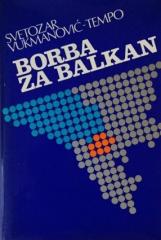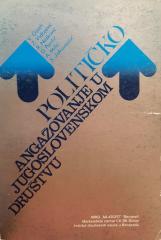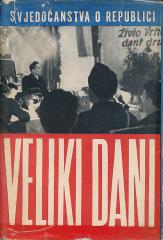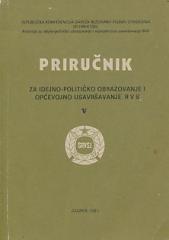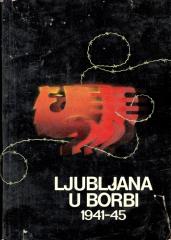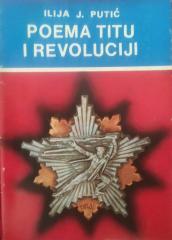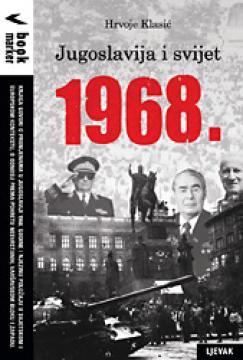
Jugoslavija i svijet 1968.
The extremely interesting work "Yugoslavia and the World 1968" by historian Hrvoje Klasić problematizes the situation in Yugoslavia during one of the most turbulent years of the second half of the 20th century.
On one level, the changes in the country are examined, largely due to the economic reform that began in 1965. On the other level, the position of Yugoslavia in 1968 in the European and world context is examined, as is its relationship to the Non-Aligned Movement, the Warsaw Bloc, and the West.
This analysis reveals Yugoslavia's specific position between East and West. Special attention is paid to Yugoslavia's relationship to the Prague Spring and the Warsaw Bloc's intervention in Czechoslovakia. The position and role of Josip Broz Tito are examined throughout the work, both in the country and on the international political scene.
"Why exactly 1968? It was certainly one of the most turbulent years of the second half of the 20th century. The war in Vietnam was in full swing. The assassinations of Martin Luther King and Robert Kennedy reminded the world public that even highly developed democratic societies are not immune to undemocratic forms of political struggle. Young people, especially students, regardless of race, gender or origin, very violently express their dissatisfaction with the world they live in. The political elite in Moscow once again tried to prove that the socialist practice was incompatible with the "human character". Twenty-five years after its establishment, the federation, made up of six republics and two provinces, was experiencing an economic, political and social crisis.
In addition to the widest audience, the book will also serve as valuable literature for scientists, students of the humanities, and numerous participants in the events covered, but also as an incentive for further research into contemporary Croatian history.
One copy is available
